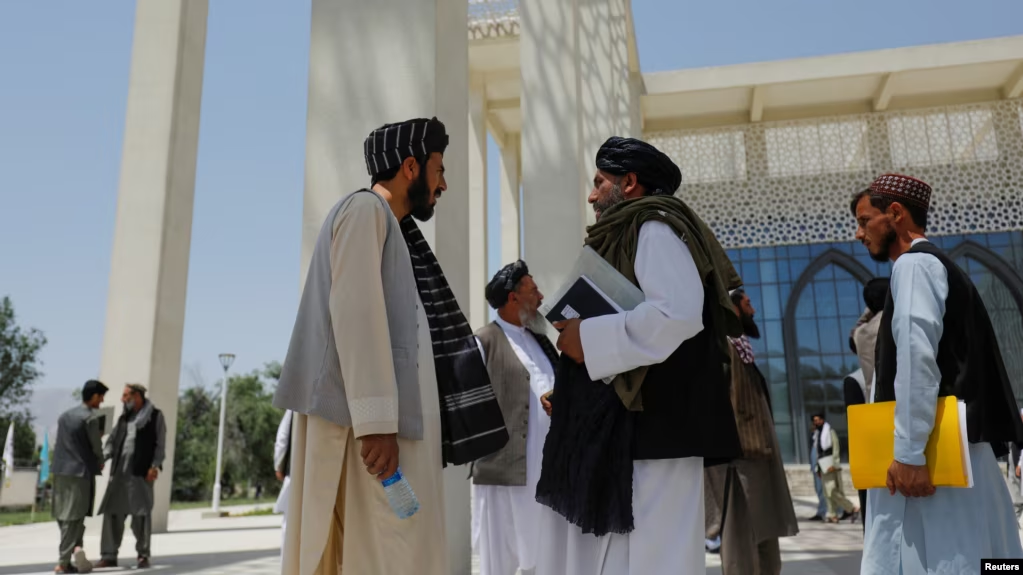The Taliban's push for normalizing male-only higher education in Afghanistan has drawn scrutiny as tens of thousands of students prepare for university entrance exams in the coming weeks. Despite facing widespread domestic and international criticism for their prohibition of women from educational and professional opportunities, the Taliban persisted in enforcing discriminatory gender policies, particularly in the education sector.

Officials from the Taliban's Ministry of Higher Education unveiled the specifics of the upcoming exams, conspicuously omitting any mention of the exclusion of female students from university admissions. This move sparked criticism both domestically and internationally, highlighting concerns about limited economic opportunities for women in Afghanistan.
The exclusion of female students from higher education had notable implications for education and healthcare in Afghanistan. The suspension of nearly 100,000 female students from universities and the absence of female medical professionals have contributed to low female literacy rates and increased maternal mortality rates, exacerbating existing challenges in these sectors.
Efforts to address these issues have been met with resistance from the Taliban. Despite international pressure and initiatives to promote women's rights, the Taliban has shown no intention of changing its discriminatory policies. Senior U.S. officials have warned that there will be no normalization in relations with the international community unless women are allowed to return to work and education.
The exclusion of women from higher education in Afghanistan underscores ongoing gender discrimination and raises concerns about the country's future development.
Comments (0)